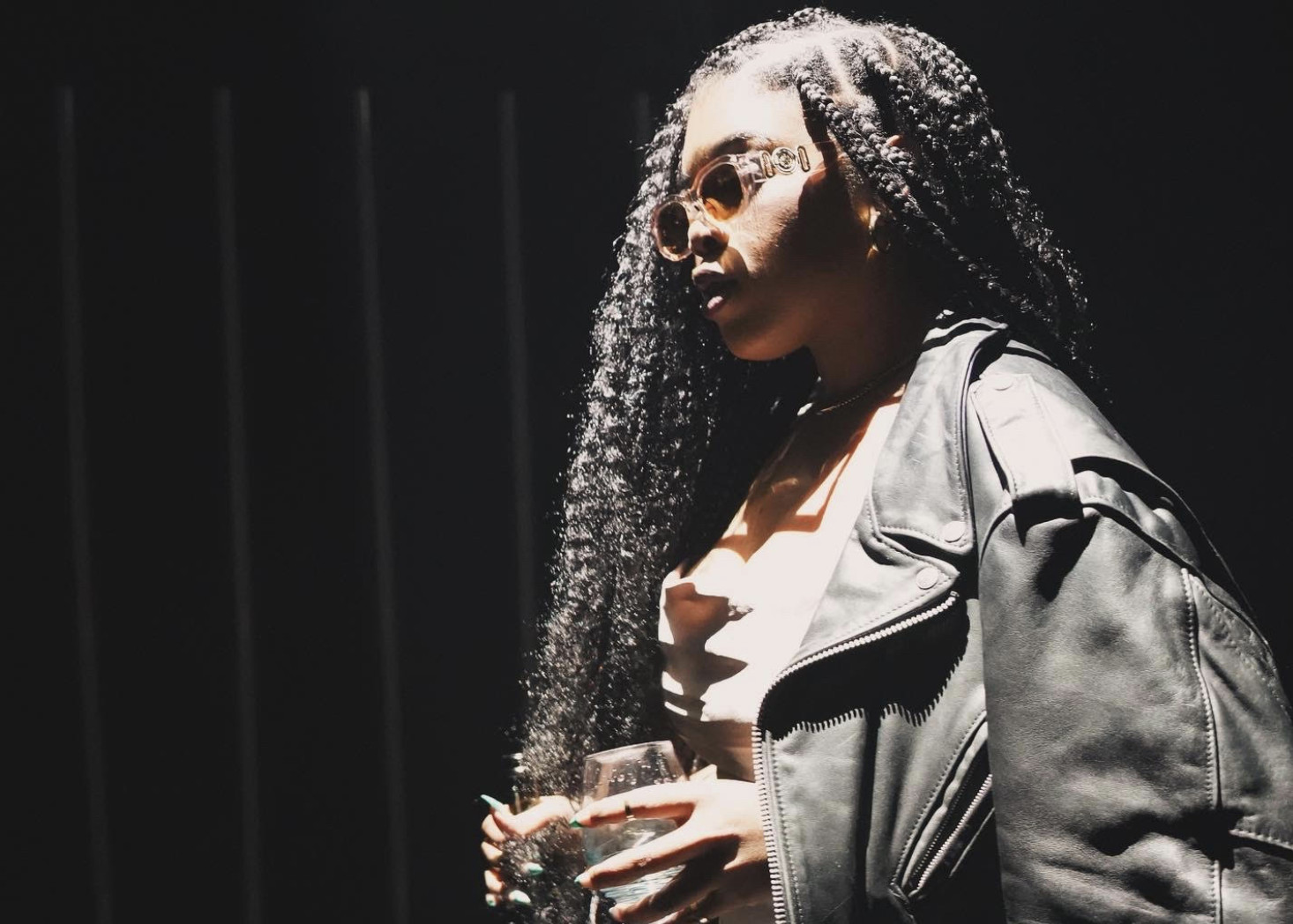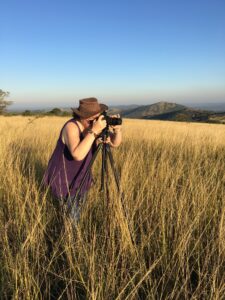Brittany Franklin’s path to becoming a filmmaker and community leader is a testament to resilience, creativity, and the power of self-advocacy. Born hearing and later becoming hard of hearing due to illness, Brittany transformed personal adversity into a mission to amplify underrepresented voices in the film industry. As the founder of Cerebral Entertainment Studios and Minorities in Film (MiFILM), she crafts narratives that resonate with authenticity and champions inclusivity both on and off the screen.bybrittfranklin.com+1The Gotham+1
Interview
1. How did the initial challenge of losing your hearing affect your self-perception and ambitions?
Experiencing hearing loss felt like mourning a part of myself. I believed the vibrant, musically inclined version of me was fading, leading to a sense of disconnection from the world. My dreams of being a performer seemed unattainable, especially without visible role models in the industry. Writing became my solace, a way to channel my creativity when music felt out of reach.
2. Can you describe the moment you decided to pivot from music to film?
During a high school English class, while feeling unwell, my teacher played “Pan’s Labyrinth.” The film’s storytelling, visuals, and score captivated me, revealing that film could encompass all my passions. It was a revelation that I could still connect with audiences, just through a different medium.
3. What were some key factors that helped you transition successfully into the film industry?
I leveraged my communication skills to build relationships with mentors who offered learning opportunities. Observing professionals allowed me to absorb knowledge without the pressure of immediate contribution. My time at The Public Theatre and the New York Film Academy provided foundational experiences that shaped my career.
4. How did you cope with the emotional and mental challenges associated with your hearing loss and disability?
Coping is an ongoing process. Therapy, support from family, and engagement with the arts community have been crucial. These resources helped me navigate feelings of isolation and rebuild my confidence.USC Today+6STORYBEAT STUDIO+6LinkedIn+6
5. What role did social justice work, writing, and community building play in your personal growth?
These elements were instrumental in my self-discovery. Working in social justice taught me to focus on solutions and collective empowerment. Founding Cerebral Entertainment Studios allowed me to merge my creative pursuits with advocacy, creating spaces for marginalized voices.
6. Can you share a specific instance where your involvement in these areas helped you through a tough period?
After film school, struggling to find industry roles, I founded Minorities in Film (MiFILM). This collective became a lifeline during the pandemic, connecting me with a supportive community and providing a platform to uplift others facing similar challenges.
7. How have your struggles with hearing fatigue and social anxiety influenced your approach to your work and life?
I’ve learned to schedule tasks during peak energy times and to recognize when to rest. Understanding my limits has improved my time management and self-awareness, allowing me to advocate for my needs effectively.
8. What strategies or practices have you found effective in managing your mental health?
Therapy has been a cornerstone, helping me manage perfectionism and set realistic expectations. Celebrating small victories, like daily routines, reinforces a positive mindset and acknowledges progress.
9. How do you stay motivated and inspired despite ongoing challenges?
Reflecting on past journal entries reminds me of my growth. Recognizing how far I’ve come, even through adversity, fuels my determination to keep moving forward.
10. What has been the most rewarding aspect of your journey in overcoming these obstacles?
Proving to myself that I am worthy and deserving has been immensely rewarding. The support from loved ones and the peace I’ve found in embracing every version of myself affirm that I’m on the right path.
11. How do you balance your passion for film with the personal challenges you face?
Engaging in hobbies unrelated to my career, like science and cooking, provides balance. Embracing rest without a specific goal allows me to recharge and face challenges with a calm, grounded perspective.
12. What advice would you give to someone who feels their disability or challenge is hindering their dreams?
Your disability does not handicap your ability to succeed. Embrace your unique perspective as a strength and seek out communities that support and uplift you.
13. How has your perspective on success and fulfillment evolved throughout your journey?
Success now means finding peace and embracing all aspects of myself. It’s about the journey, the growth, and the connections made along the way, rather than just achievements.
14. How can women support each other in navigating similar struggles and transformations?
Building communities with trusted, like-minded women fosters mutual support. Openly sharing experiences, challenges, and resources creates a network of empowerment and resilience.
15. What message do you hope to convey to others who are grappling with significant life changes or disabilities?
Your challenges do not define your potential. With support, self-belief, and determination, you can navigate transformations and achieve your aspirations.
Connect with Brittany Franklin:
- Website: bybrittfranklin.com
- Creative Agency and Production Studio: Cerebral Entertainment Studios
- Creative Community: Minorities in Film
- Email: [email protected]
- Instagram: @minoritiesinfilm
Brittany Franklin’s journey illustrates the transformative power of embracing one’s identity and using personal experiences to inspire and uplift others. Through her work, she continues to break barriers and create inclusive spaces within the film industry.






